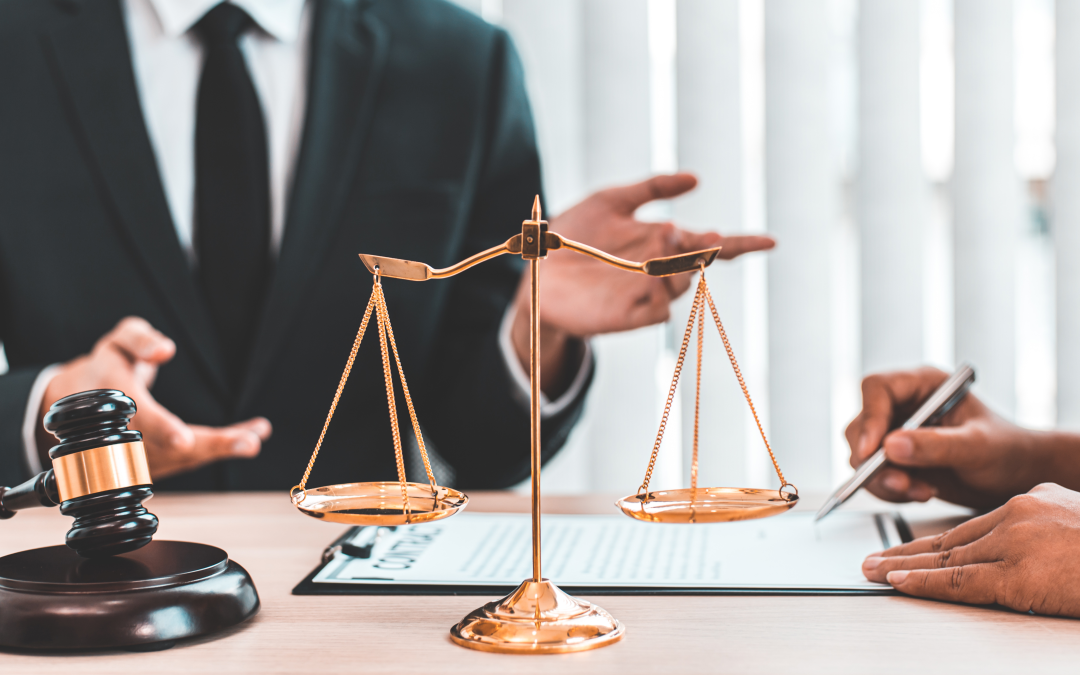A construction lien is a security interest held against a property by construction professionals who did not receive payment for work or materials provided to the property’s owner.
In this article, you will find proven methods to reduce or eliminate the chance of having a lien attached on Florida property.
How Do You Avoid a Construction Lien in Florida? – Feasible Solutions
Checking the Contractor’s Background
Before signing a contract with a general contractor in Florida, it is crucial to proceed with a pre-qualification process. The steps involved in the pre-qualification process include:
- Researching the contractor’s background
- Identifying whether a potential contractor has positive past payment practices
- Discussing payment plans with potential contractors
- Checking potential contractors’ past jobs to verify their performance
Requiring Contractor’s Preliminary Notices
After settling with a contractor, it is fundamental to require the service provider to collect preliminary notices from the subcontractors and suppliers working on a construction project.
A preliminary notice is a construction notice issued to the property owner or general contractor to notify them that a contractor, sub-contractor, materials supplier, or any other party involved in a project is reserving their right to file a lien in the event of nonpayment.
With the appropriate notices in hand, property owners can maintain control over the process and identify an order of payment preference.
Conditional Lien Waivers
Avoiding construction liens involves several good practices, including the issuance of conditional lien waivers with each contractor’s pay application.
Contractors, subcontractors, and suppliers must be required to provide conditional lien waivers before they are paid in full, as the right to place a lien against a property is waived when the owner pays the amount owed.
Joint Checks
A joint check is a paycheck issued to two parties who cannot cash out the amount unless both sign the check. For example, let’s say a joint check is issued to a subcontractor and their material supplier.
If the supplier does not sign the joint check, the subcontractor cannot receive the amount (and vice-versa). Accordingly, it is possible to avoid contractors and suppliers filing liens against a property based on nonpayment.
Contractor’s Payment Bonds
Payment bonds are surety bonds issued to contractors to ensure all parties involved in a construction project will be paid. If the responsible individual or entity fails to pay, the payment bond automatically takes the property’s place against a claim.
For example, if a subcontractor or material supplier does not receive timely payment, they can file a claim against the bond and not against the property. Please note that payment bonds may increase a contractor’s contract pricing.
Full Payments on Time
There is no better way to avoid construction liens than paying contractors, service providers, or material suppliers in full within the scheduled period. In essence, a lien is a tool used by construction professionals to ensure they will get paid.
If all the parties involved in a construction project receive their payments on time, there is no reason to get a lien attached to the property.
Do You Want to Avoid Florida Construction Liens? – Contact Attorney Romy B. Jurado Today
Waste no time with uncertainty – get in touch with Attorney Romy B. Jurado by calling (305) 921-0976 or emailing [email protected] to schedule a consultation.





